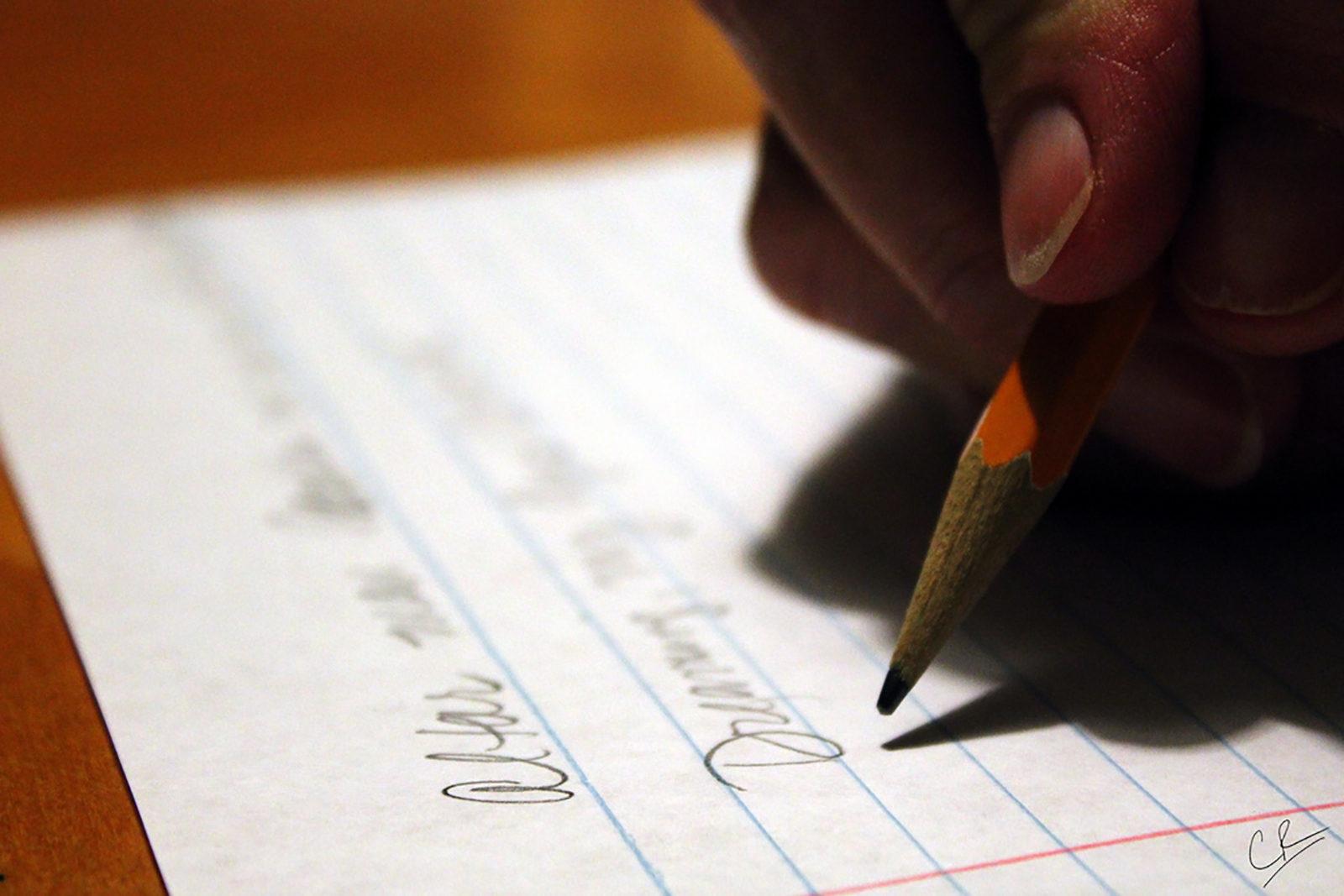In a few short weeks, it will be time for high school seniors to submit their college applications — but before those dreaded due dates arrive, students still have to put the finishing touches on their apps. Between all of the dotting of i’s and crossing of t’s, there is one last step in the process that is not to be forgotten: shelling out a few hundred dollars.
Submitting an application to Boston University costs a hefty $80, though most prospective students don’t stop there. High schoolers often apply to several colleges, and sometimes even dozens. When you add in the costs of Advanced Placement tests, SAT and ACT tests, and everything else that applications ask for, the final bill for applying to college can come out to be quite a considerable sum.
Though students and their parents will grumble and groan at these fees, there is another side to the story. Each year, when the applications come rolling in to colleges, so does the revenue. Millions of dollars of revenue, to be exact. A study by LendEDU published Tuesday reviewed 2015-16 college admissions data to identify which schools earned the most revenue from their application fees — in particular, the schools that make the most from declined applications.
Boston University ranked in the top 10 for most revenue earned from students whose applications they rejected — raking in over $4.3 million from total applications, including just shy of $3 million from students who will never even see an acceptance letter.
This is an an enormous amount of money, but application fees have their merit. When it comes time for students to fill out applications, having to cough up 50 bucks or more for each app keeps people from aimlessly applying to hundreds of schools without a second thought. The costs force people to narrow their lists, and not waste the time of admissions offices at colleges they have no interest in. When a student pays real money to apply to a school, they have some skin in the game in terms of the outcome.
Eighty dollars, however, is too much money. It’s that simple. Eighty dollars is the kind of price tag that dissuades lower income students from ever applying to BU. There are waivers that can be downloaded and filled out and submitted to bypass these fees, but the reality of the situation is that these are hurdles lower income students won’t bother with. Even filling out The Common Application itself can be overwhelming, especially for first generation college students who might not have parents or counselors that know the ins and outs of the process — navigating another waiver is nothing but more red tape.
Today, it is not just a privilege to go to college — it’s a privilege to even apply.
Conversely, free college applications would come with their own set of problems. Eliminating application fees would be opening the floodgates for applicants to come rolling in — students applying to BU just for the sake of applying — people who would not have otherwise sought out BU. It is likely these applicants would be less competitive than the students who are willing to pay $80 to apply.
But, this isn’t one of those classic cases of “there’s really nothing we can do” or “this is just the way things are.”
Consider Boston College. In 2013, BC was struggling with their yield rates — the ratio of students accepted to students who enrolled. The solution they came up with was a simple one — adding one more essay to their application, forcing students to work a little harder to apply. That fall, the school saw a 26 percent drop in applicants, but in the spring, they saw a jump in their yield.
BU could easily do the same. But with one key difference — lowering their application fee, too. In one fell swoop, we would become more accessible and more competitive. With a rigorous application, we could prevent an enormous influx of candidates that might otherwise come with a lower application cost — and by lowering our fees, we would become a feasible option for students who struggle to compete in the increasingly expensive world of college applications.
All that this would take is a little humility from BU. We would have to be willing to take a hit in our acceptance rates in favor of more economically diverse and academically passionate group of applicants.
BU’s applications should be harder academically, not financially. When our applications favor not the students who have enough money to apply, but the ones who have enough passion, dedication and intellect, then we will have an application that we can truly be proud of.




















































































































